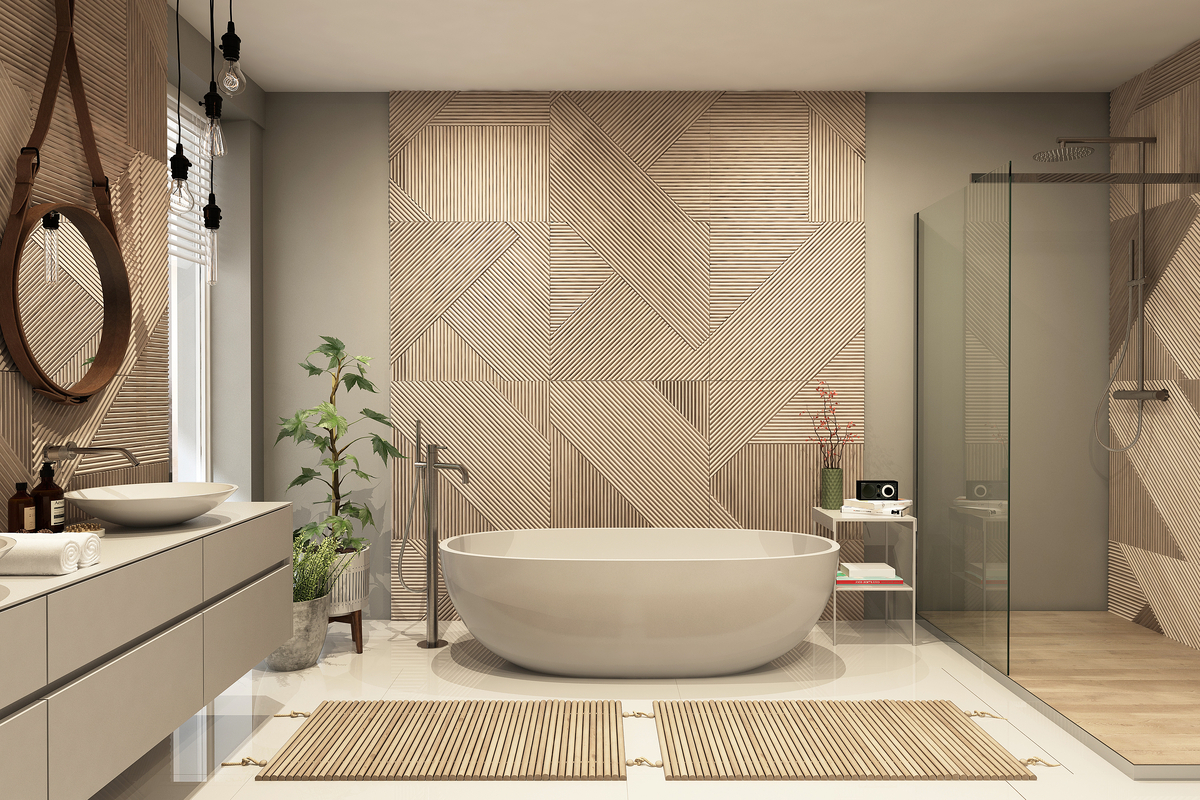Money Matters
Your home is a big investment, and unless you are sitting on a pile of cash, then you will need to take out a mortgage loan. No matter which way you go, it’s important to start early, because it can take four to five weeks for the approval process. And always add a 10-15 per cent contingency to your budget for overruns.
There are different types of loans available, depending on whether you are self-building or renovating, so let’s break them down.
Self build mortgage
Assuming you already own a plot and have planning permission, your next step is a specific self-build home loan. These are more rare and harder to get than traditional mortgages, so you may have to shop around.
You will need to have detailed plans, permissions and budgets in place to show the lender, as well as risk assessments and contingency plans. They will usually only lend if a professional architect or consultant is heading up the build. You may also need to show that you have enough funds to have somewhere else to live in the meantime, even if it’s in a caravan on site. And last, but not least, you will need a good deposit saved up- Money Supermarket suggests at least 25 per cent.
The funds for this type of loan are generally released in instalments, as the building stages are completed. Some loan companies will release funds in advance of each building stage, but others will reimburse you after you fork out for the work first. Your lender may keep a percentage of your loan total until the house is signed off as complete.
According to Extension Architecture, here are estimated ballpark cost ranges for an average new build in 2023:
· Two bedroom house: £185k to £280k
· Three bedroom house: £240k to £365k
· Four bedroom house: £295k to £440k
· Five bedroom house: £320k to £480K
For all this and more, download your FREE copy of Abode magazine, here:
Renovation mortgage
According to data from Together, almost one in ten, or 9% of UK homeowners plan on making home renovations this year instead of moving, due to rising living costs.
A renovation mortgage enables you to borrow money against the value of your property to pay for house upgrades. These might range from minor structural adjustments to cosmetic alterations. Interest rates on mortgages for renovations are often higher than those on regular mortgages. This is because by lending you money to enhance your house, the lender is taking on greater risk. You should also expect to put down payment of 25 per cent for a renovation mortgage.
Remortgaging or refinancing your existing home loan for renovation is taking advantage of the equity you have built up in your home, which is the difference between the market worth of your house today and the balance owed on your mortgage. The size of that difference will determine how much you can borrow. Adding the cost of home improvements to your mortgage can be cheaper than other forms of finance such as a personal loan or maxing out your credit cards.
According to Checkatrade, these are ballpark figures to expect for some home improvements in 2023:
·
Three bedroom house total renovation: £76,900- £138,800
· New kitchen: £17,500/Extension: £19,500
· New heating system: £5,500
· New windows: £4,250
For all this and more, download your FREE copy of Abode magazine, here:
Abode Magazine 2023
Latest News
JOBS
Community Operations Manager - Arkaig Community Forest
Childcare and Education Worker - ARB15470 - Argyll and Bute Council
Sign up to our daily Newsletter
Permission Statement
Yes! I would like to be sent emails from West Coast Today
I understand that my personal information will not be shared with any third parties, and will only be used to provide me with useful targeted articles as indicated.
I'm also aware that I can un-subscribe at any point either from each email notification or on My Account screen.
You may also like
Latest News
JOBS
Community Operations Manager - Arkaig Community Forest
Childcare and Education Worker - ARB15470 - Argyll and Bute Council















